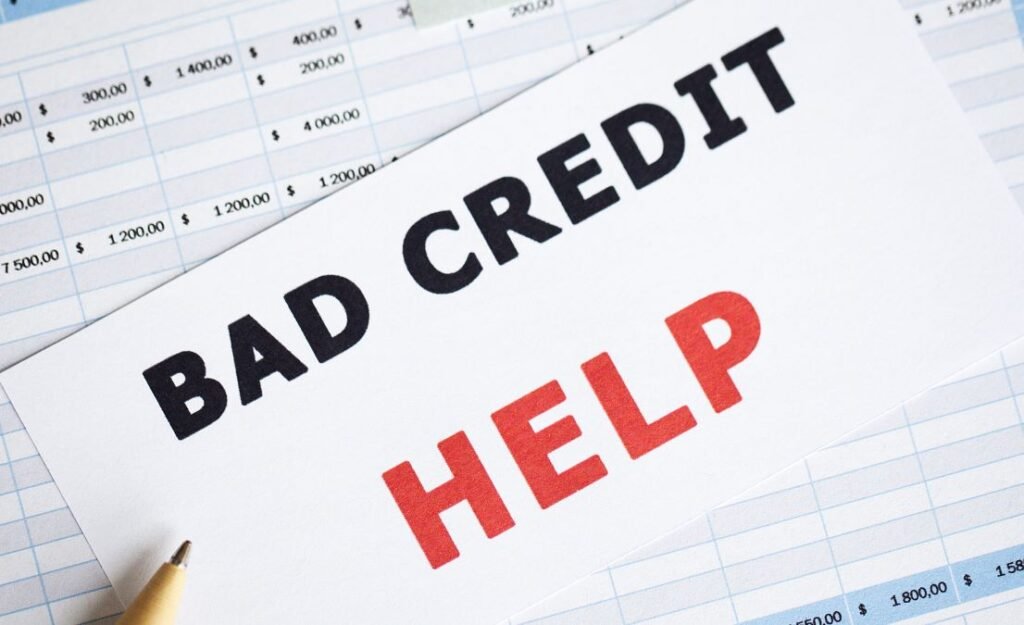
Fitch Ratings Downgrades US Credit Rating
Business News
Fitch Ratings Downgrades US Credit Rating
Published
3 years agoon

Fitch Ratings Downgrades US Credit Rating Biden Shifts the Blame. Fitch Ratings has downgraded the United States’ Long-Term Foreign-Currency Issuer Default Rating (IDR) to ‘AA+’ from ‘AAA’. The decision by Fitch comes amid concerns over the country’s fiscal deterioration, high and growing debt burden, and the erosion of governance relative to ‘AA’ and ‘AAA’ rated peers. This blog post will examine the key rating drivers behind this recent downgrade of the United States’ credit rating.
Fitch Ratings has cited multiple key rating drivers behind this downgrade. Firstly, the expected fiscal deterioration over the next three years is causing major concerns. The government lacks a medium-term fiscal framework and has a complex budgeting process. Most of its peers have a medium-term fiscal framework in place that helps to monitor and adjust fiscal policy over the medium term. However, the lack of this framework in the United States has contributed to successive debt increases over the last decade.
Fitch Ratings Downgrades US Credit Rating as Biden Shifts the Blame

Secondly, the country’s high and growing general government debt burden is also a major concern. The debt is expected to increase even further due to the continued economic shock from Covid-19. Additionally, tax cuts and new spending initiatives have contributed to successive debt increases over the last decade. The credit rating downgrade means that business may have less access to capital. Without capital layoffs and recession could be on the horizon. The credit downgrade is not mitigated by revenue-raising measures alone. The issues are the Biden administration has yet to outline comprehensive plans to address its debt burden.
Thirdly, Fitch Ratings has noted the erosion of governance relative to ‘AA’ and ‘AAA’ rated peers over the last two decades. There has been a lack of standards of governance, including on fiscal and debt matters. The government has repeatedly faced debt limit standoffs and last-minute resolutions, eroding confidence in fiscal management. Furthermore, the government lacks a medium-term fiscal framework, unlike most peers, and has a complex budgeting process.
Fourthly, the country’s economic shocks as well as tax cuts and new spending initiatives have contributed to successive debt increases. Although the United States has a large and diverse economy, with a high-income level and robust institutions, these shocks have contributed to the government’s debt burden.
Why won’t President Biden take the blame for the US credit downgrade.
Lastly, Fitch Ratings has assigned a Stable Outlook despite the downgrade, reflecting the ongoing resilience and diversification of the United States’ economy. However, this outlook rests on the assumption that the country will implement a credible fiscal consolidation plan over the medium term that allows for a stabilization of its fiscal trajectory and a reversal of its debt burden.
The downgrade by Fitch Ratings of the United States’ Long-Term Foreign-Currency Issuer Default Rating has come as a shock to many. The decision was based on the expected fiscal deterioration over the next three years. The high and growing general government debt burden, and the erosion of governance. These issues are relative to the downgrade from ‘AA’ to ‘AAA’ rated peers over the last two decades. The United States government needs to outline a comprehensive fiscal consolidation plan over the medium term that allows for the stabilization of its fiscal trajectory and a reversal of its debt burden. Future economic shocks and the ongoing Covid-19 pandemic will also need to be taken into consideration when addressing these issues.
You may like
-


Single Men & Step-Fatherhood: Crucial Considerations Before Taking the Plunge
-


Jesse Jackson Dies at 84: Civil Rights Icon’s Legacy
-


Hot Girl Summer: Your Guide to Confidence, Fun, and Intentional Living
-


Shrek as a Cautionary Tale: Unmasking the Ogre’s Life Lessons
-


Test Your Spelling Skills: How Good Are You Without Technology?
-


Men Having Multiple Wives: Tradition, Controversy, and Modern Debate



Leave a Reply